Introduction
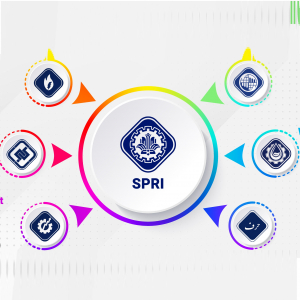
Sharif Policy Research Institute (SPRI) was founded in 2008 to provide solutions to complex and multidisciplinary governance issues. The initial core of the SPRI included several of Sharif University's alumni with postgraduate degrees from the world's leading universities including the University of Sussex, HEC Montréal, University of Oxford, University of Edinburgh, Bocconi University and more. they took the leadership of various fields of policy research in the institute and developed several think tanks within the SPRI. Conducting applied and executive research, networking with various stakeholders in policy areas from public to private sector and non-governmental organizations, training efficient human resources, promoting policy knowledge through holding and participating in national and international events, publishing articles in leading academic journals including Research Policy, Technological Forecasting and Social Change, R&D Management, Energy Policy, IEEE Transactions on Communications, Industrial and Corporate Change, World Development and many more are only a part of the efforts of SPRI’s brilliant researchers to improve the policy-making process in the country.
The institute began with working professionally in the fields of energy, industry and sustainable development leading to shape Sharif Energy Think Tank (SETT) and Industry and Sustainable Development Think Tank (ISDTT). Meanwhile, three specialized centres namely Sharif Governance and Policy Think Tank (GPTT), Iran Migration Observatory (IMObs) and Sharif Business Think Tank (SBTT) also started working under the research institute, gradually became pioneers in their fields.
Additionally, Ham’no Social Incubator is one of the developed centres of the research institute, which is currently operating independently in social policy issues.
Mission
Providing innovative solutions to governance and policy issues with a focus on the interactions of society, government and academia, including:
- Developing policy knowledge, based on field evidence and experiences;
- Strengthening the multidisciplinary, collaborative and social problem-solving approach in policy research, design and implementation; and
- Developing new generations of policy researchers, experts and managers.
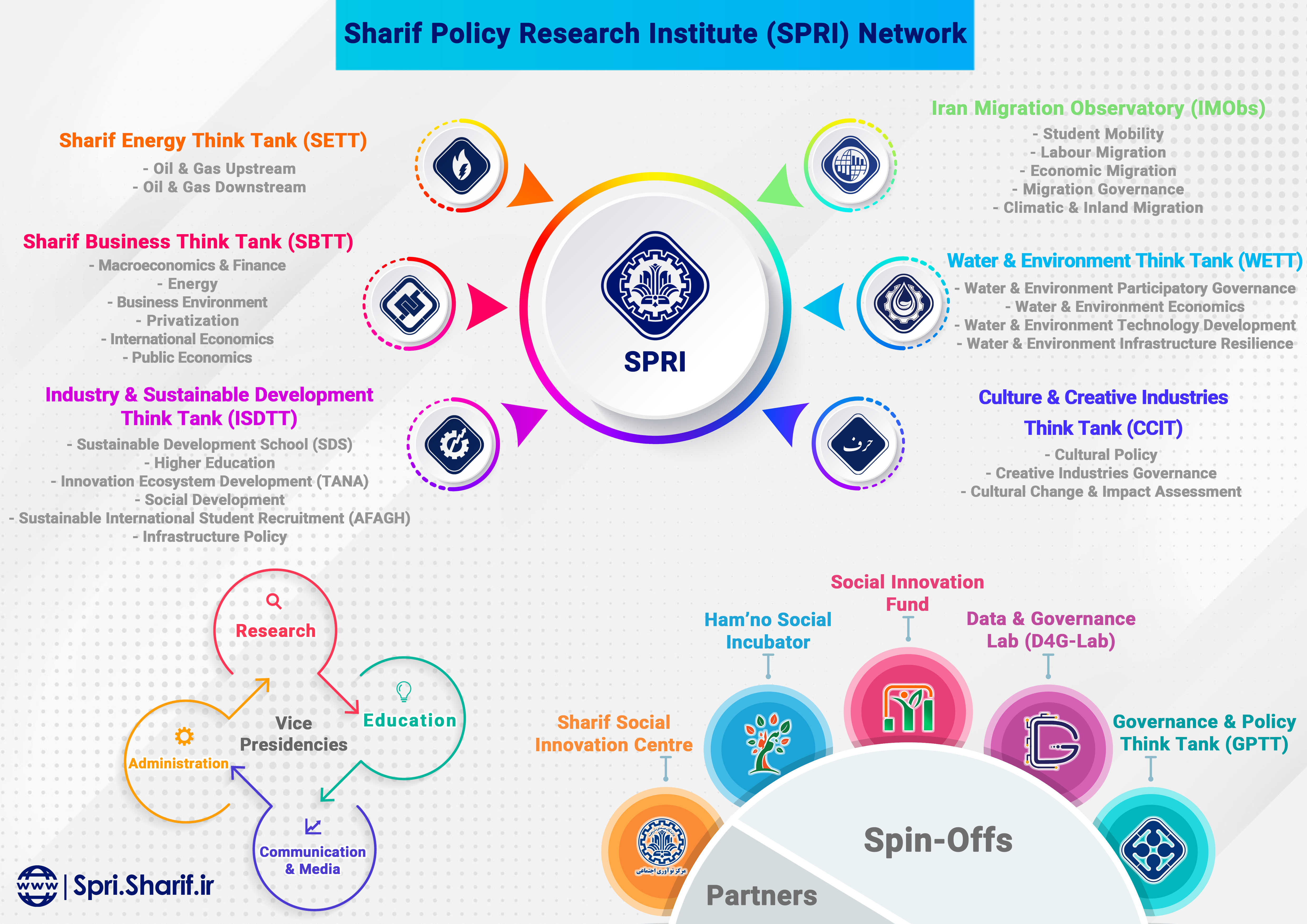

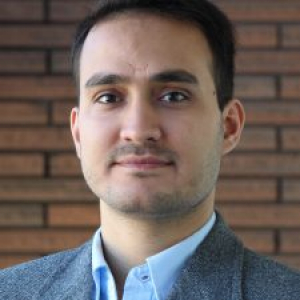
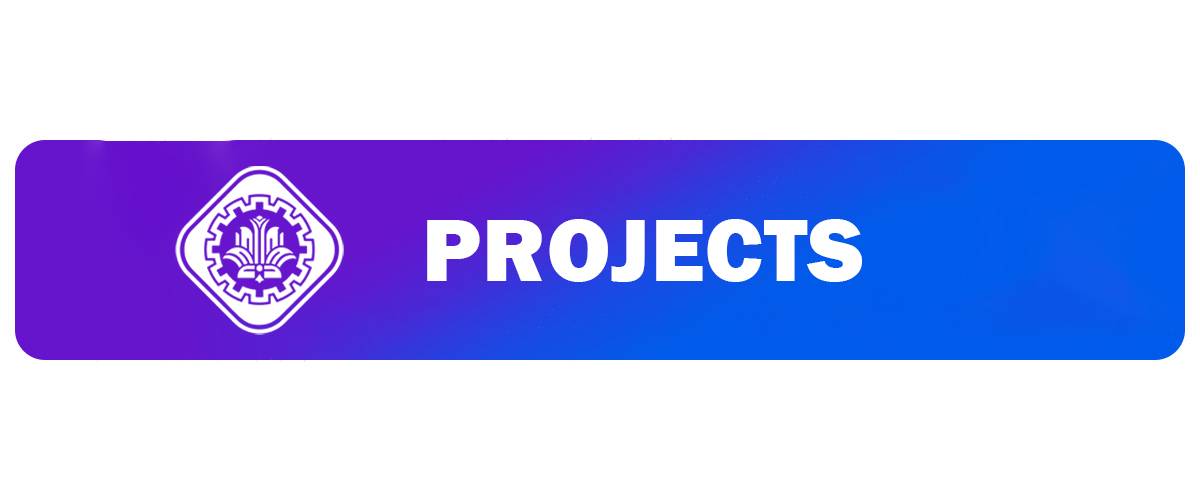

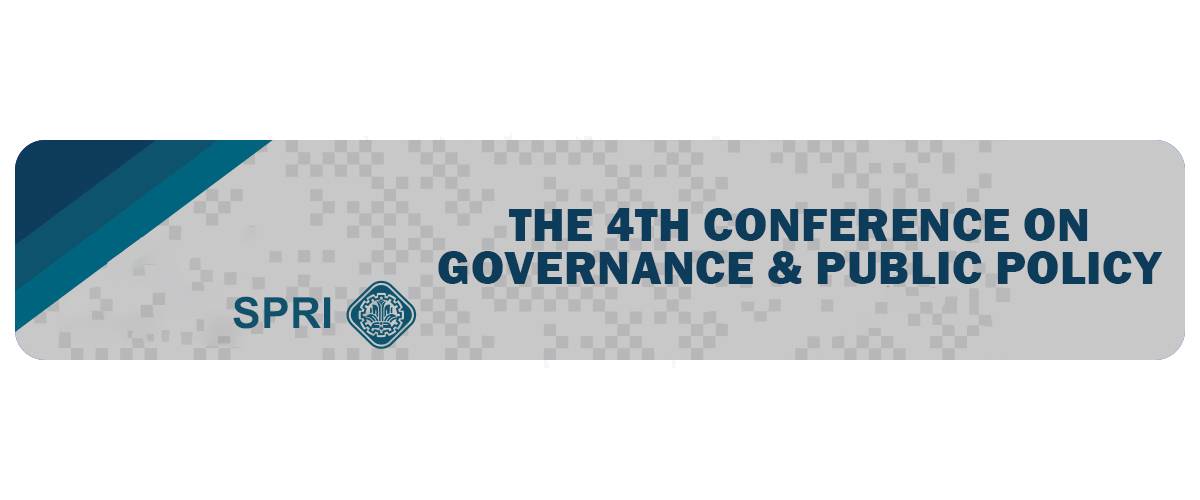
.jpg)